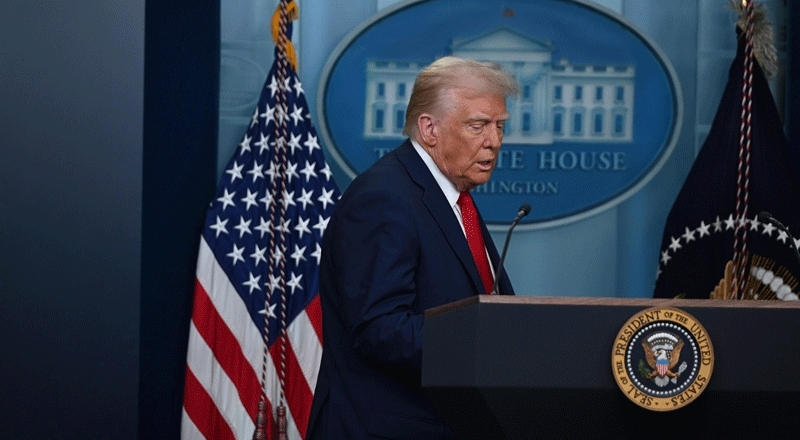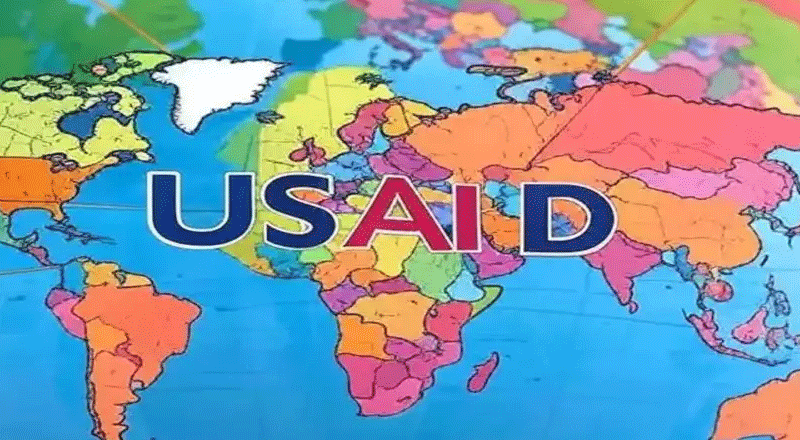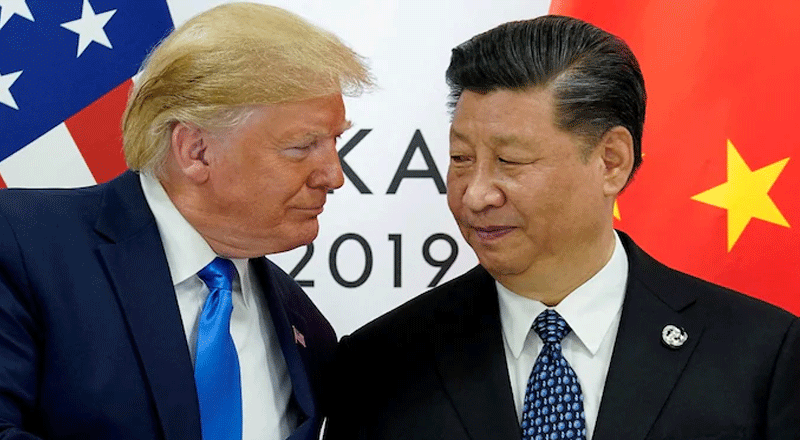Amid the escalating conflict in Gaza, President Joe Biden has emerged as a staunch supporter of Israel, vehemently denying accusations of genocide while facing mounting pressure from pro-Palestinian demonstrators. Speaking at a Jewish American Heritage Month event at the White House, Biden delivered a resolute defense of Israel’s military actions, emphasizing the nation’s right to defend itself against Hamas aggression.
Strong Support for Israel and Condemnation of Hamas
At the White House event, Biden made clear his unwavering commitment to Israel’s security, labeling Hamas militants as “butchers” and expressing solidarity with Israel’s efforts to eradicate the threat posed by the group. He reiterated the United States’ steadfast support for Israel, vowing to stand by the nation’s side in its fight against terrorism. Despite the challenges posed by stalled negotiations for the release of hostages held by Hamas, Biden affirmed his administration’s dedication to securing their freedom and ensuring justice for their plight.
Moreover, Biden rebuffed the International Criminal Court’s prosecutor’s request for arrest warrants against Israeli Prime Minister Benjamin Netanyahu and Defense Minister Benny Gantz, asserting that there is no equivalence between Israel’s actions and those of Hamas. The president’s unequivocal defense of Israel underscores the deep-rooted alliance between the two nations and signals a continuation of longstanding US policy in the region.
Acknowledgement of Pro-Palestinian Concerns and Call for Ceasefire
While reaffirming his support for Israel, Biden acknowledged the legitimate concerns raised by pro-Palestinian protesters across US universities regarding the humanitarian situation in Gaza. He emphasized the need for an immediate ceasefire to prevent further escalation of violence and alleviate the suffering of civilians caught in the crossfire. Despite facing criticism from some quarters for his perceived bias towards Israel, Biden emphasized the complexity of the conflict and expressed empathy for the plight of Palestinians affected by the ongoing hostilities.
During Biden’s address, several students wore keffiyehs as a symbol of solidarity with Palestine, while others staged silent protests by turning their backs on the president. The visible dissent underscores the deep divisions within American society over the Israeli-Palestinian conflict and highlights the challenges faced by the Biden administration in balancing competing interests and narratives.
Political Implications and Public Opinion
Biden’s handling of the Gaza conflict has sparked debate within his own party, with some Democrats expressing dissatisfaction with his administration’s unequivocal support for Israel. While Biden’s stance may resonate with segments of the American Jewish community and pro-Israel voters, it has drawn criticism from progressive Democrats and pro-Palestinian activists who accuse the president of turning a blind eye to human rights abuses in Gaza.
As the Biden administration navigates the complexities of the Gaza conflict and domestic dissent, there are concerns among some officials that the president’s support among young voters may be waning. However, there is a sense of defiance among certain advisers, who believe that the administration’s strategy of avoiding direct engagement with the protests will eventually dissipate public scrutiny. Ultimately, the political implications of Biden’s handling of the Gaza conflict remain uncertain, with the president’s electoral prospects likely to hinge on a myriad of factors beyond foreign policy alone.





